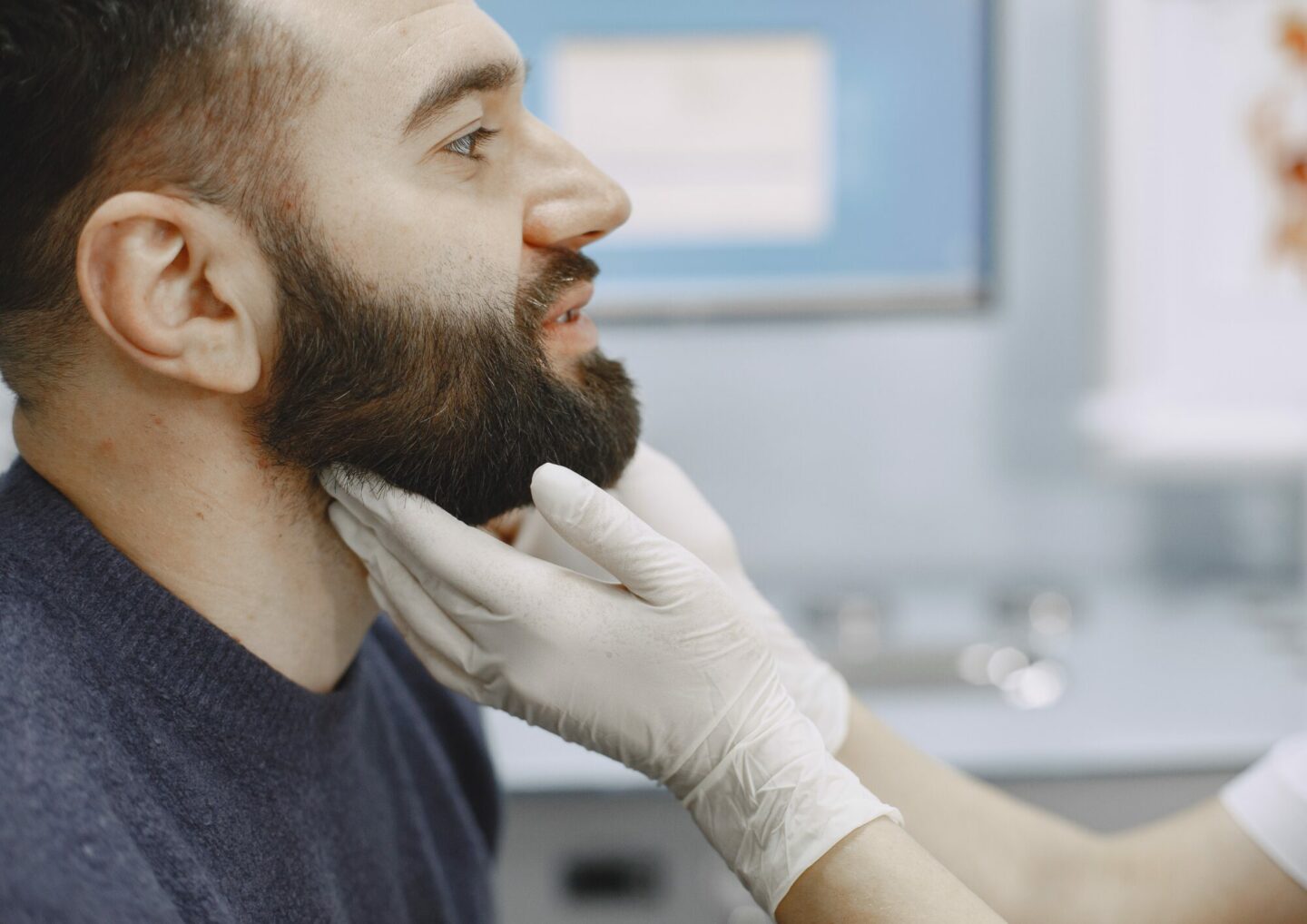A news report by the BBC shares specialist concerns that they are witnessing a concerning increase in the volume of younger patients with mouth cancer, with no clear explanation as to why.
Incidence rates of head and neck cancer rise from 35 years and older, with the risk increasing with age.
According to Cancer Research UK, head and neck cancer is the 8th most common cancer in the UK, accounting for 3% of all new cancer cases (2016 – 2018). Over the last decade incidence rates have increased by almost a sixth (16% in the UK). Rates in females have increased by almost half (45%), and rates in males have increased by more than a tenth (12%) (2016 – 2018).
Early diagnosis
Lumps, pain, ulcers or red/white patches in the mouth, hoarseness, persistent sore throat and dysphagia are common symptoms of head and neck cancer, but these symptoms can be caused by other, less serious conditions.
At present, there are no primary care investigations that will detect a head and neck cancer. Therefore, patient blood tests and their clinical examination may be normal.
It is important to take a thorough history and give clear safety netting instructions. Consider referring patients with persistent and progressive symptoms on a suspected cancer pathway.
Mr Richard James, an oral and maxillofacial surgeon based at the Norfolk and Norwich University Hospital, said: “We have seen an increasing number of young patients every year”.
“Going back over 20 years, we did see a number of patients in their teenage years, but that is relatively small number.”
“Patients in their 20s, 30s and 40s – yes, we are seeing an increasing number, which is obviously very concerning.”
“We are seeing a number of patients who don’t smoke and consume relatively small amounts of alcohol, but the exact reason has never really been determined.”
“Maybe there could be some genetic factors, there could be a whole host of reasons.”
“The earlier we detect and treat mouth cancer, the better.”
GatewayC’s Head and Neck Cancer course provides 1-hour of free education for primary care clinicians to advance their understanding of how to detect this disease.



